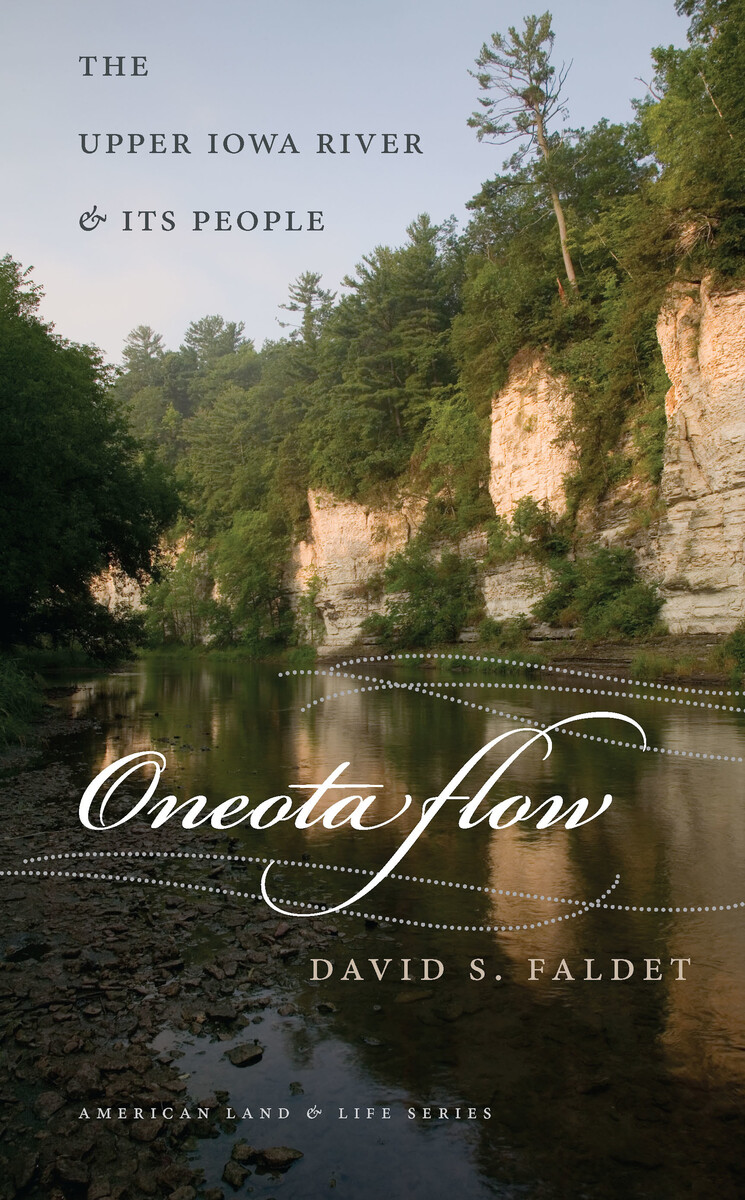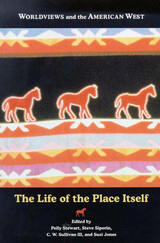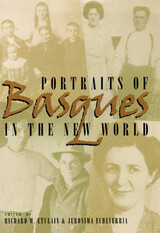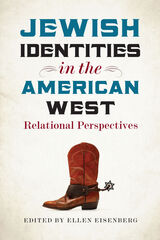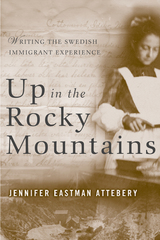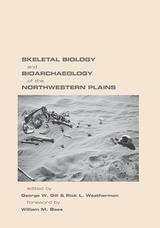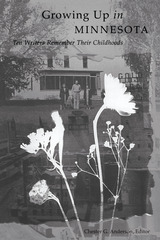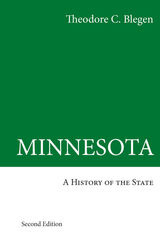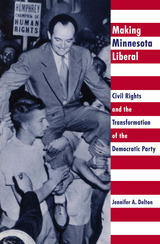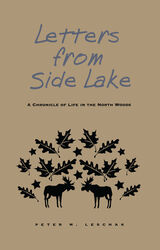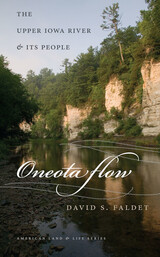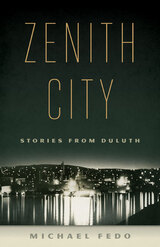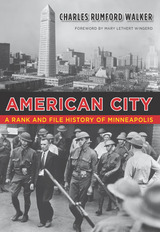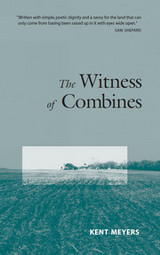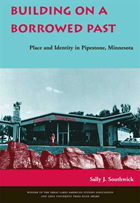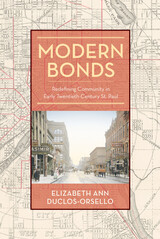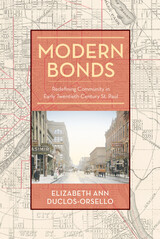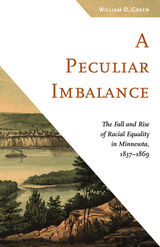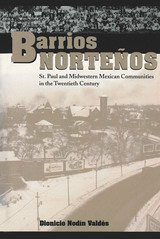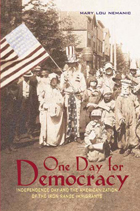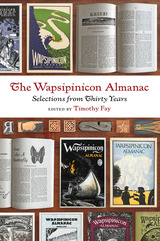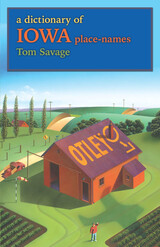Oneota Flow: The Upper Iowa River and Its People
University of Iowa Press, 2009
Paper: 978-1-58729-780-9 | eISBN: 978-1-58729-836-3
Library of Congress Classification F612.U77F35 2009
Dewey Decimal Classification 977.76
Paper: 978-1-58729-780-9 | eISBN: 978-1-58729-836-3
Library of Congress Classification F612.U77F35 2009
Dewey Decimal Classification 977.76
ABOUT THIS BOOK | AUTHOR BIOGRAPHY | REVIEWS | TOC | REQUEST ACCESSIBLE FILE
ABOUT THIS BOOK
Whether profiling the chief of the last hunter-gatherers on the river, an early settler witnessing her first prairie fire and a modern wildlife biologist using fire to manage prairies, the manager of the Granger Farmer’s Co-op Creamery, or a landowner whose bottomlands are continually eaten away by floods, Faldet steadily develops the central idea that people are walking tributaries of the river basin in which they make their homes.
Faldet moves through the history of life along the now-polluted Upper Iowa, always focusing on the ways people depend on the river, the environment, and the resources of the region. He blends contemporary conversations, readings from the historical record, environmental research, and personal experience to show us that the health of the river is best guaranteed by maintaining the biological communities that nurture it. In return, taking care of the Upper Iowa is the best way to take care of our future.
Faldet moves through the history of life along the now-polluted Upper Iowa, always focusing on the ways people depend on the river, the environment, and the resources of the region. He blends contemporary conversations, readings from the historical record, environmental research, and personal experience to show us that the health of the river is best guaranteed by maintaining the biological communities that nurture it. In return, taking care of the Upper Iowa is the best way to take care of our future.
See other books on: Midwest | Natural resources | River life | Rivers | West North Central (IA, KS, MN, MO, ND, NE, SD)
See other titles from University of Iowa Press
